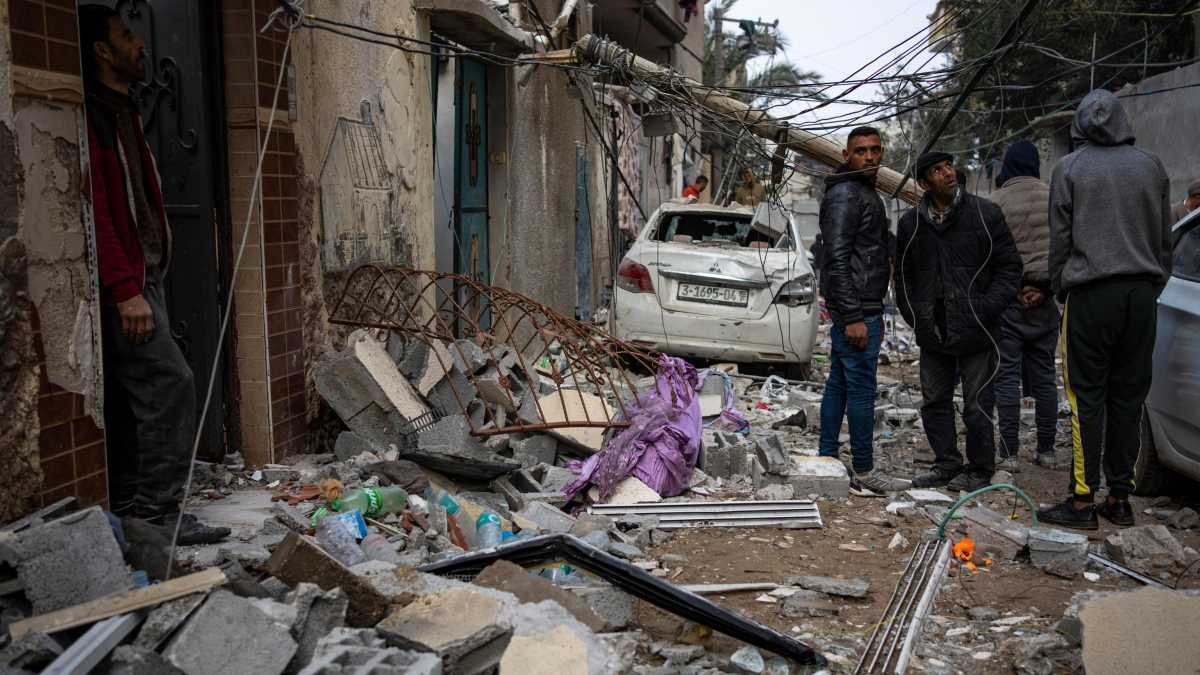World
Israeli Airstrikes in Rafah Result in Devastation as Netanyahu Signals Pending Invasion

Israeli airstrikes have caused significant devastation in Rafah, resulting in the deaths of at least 31 Palestinians, according to health officials in the Gaza Strip. The strikes come after Israeli Prime Minister Benjamin Netanyahu hinted at a pending evacuation and potential ground invasion of the southern Gaza city.
Amidst mounting tensions, Netanyahu’s call for a mass evacuation raised concerns and panic among diplomats and citizens. More than half of Gaza’s population is currently concentrated in Rafah, with many having been displaced multiple times due to Israeli evacuation orders.
Key figures such as Egyptian Foreign Minister Sameh Shoukry, and mediators from Qatar and Saudi Arabia, have expressed grave concerns over the potential humanitarian impact of an Israeli offensive in Rafah. Diplomatic relations between Netanyahu’s government and the United States have also shown signs of strain.
Israel‘s continuous airstrikes in Rafah, including recent attacks on civilian homes, have exacerbated the already dire situation in the region. The escalating violence has led to a sharp increase in casualties and displacement, with innocent civilians bearing the brunt of the conflict.
In the neighboring city of Khan Younis, Israeli forces targeted Nasser Hospital, the area’s primary medical facility, raising further alarms about the safety and well-being of civilians in the region. The situation is dire, with medical personnel struggling to provide care amidst the ongoing hostilities.
The Gaza Health Ministry reported a significant rise in the death toll, with over 28,000 Palestinians killed since the beginning of the conflict. The toll on civilians, especially women and children, has drawn international criticism and calls for a more restrained approach to military operations.
As the conflict intensifies and civilian casualties mount, concerns grow over the humanitarian crisis unfolding in Gaza. The displaced population faces shortages of essential supplies, making the situation increasingly dire for those caught in the crossfire.
Efforts to mediate and seek a peaceful resolution to the conflict continue, with various global entities, including the United Nations, working to address the growing humanitarian emergency in the region. The fate of Rafah hangs in the balance, with the international community closely monitoring developments as the violence escalates.












